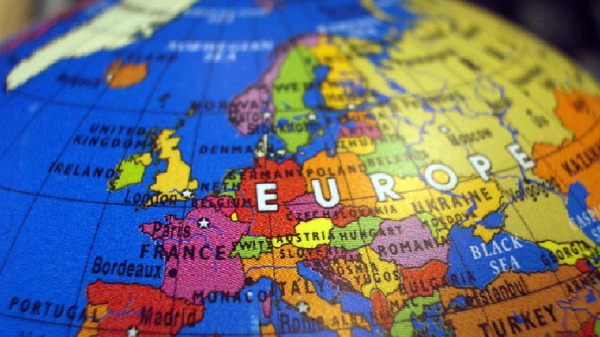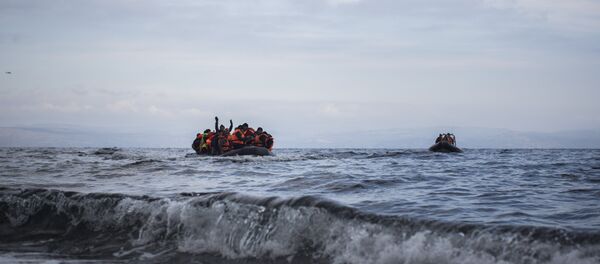In its latest update on the crisis — which has seen a million refugees, mainly from Syria, Afghanistan and Iraq move across Europe — the European Commission says that, of the 160,000 refugees in Italy and Greece recognized in its relocation plan, only 190 had been moved out of Italy to other countries and only 82 from Greece.
In Greece, with hotspots in Lesvos, Chios, Samos, Leros and Kos — there were 448 members of Frontex and other staff, dealing with 1,840 refugees. However, in two of its hotspots — Leros and Kos — it listed there being no reception capacity, yet there were 87 staff, including "Screening and debriefing teams, Border Surveillance, Officer and Advance Level Document Officers."
Plastering Over the Cracks
The admission comes amid deepening divisions within Europe over the refugee crisis. Part of the relocation plan promoted by Jean-Claude Juncker, President of the European Commission, is a relocation of refugees by quota — allocating refugees to member states. However, many countries — particularly in Eastern Europe — have refused to accept the scheme.
EU states offered 4207 places (of 160k pledged), Italy used 190 (out of 39k) & Greece 82 (out of 66k) #relocation https://t.co/yzyHeni9wL
— Nando Sigona (@nandosigona) January 5, 2016
The relocation plan has been mired in political, technical and logistical problems, prompting Riccardo Mattei, relocation coordination for the Italian government, to say:
"At this rate, it will take until the end of this century to relocate all 40,000 refugees."
The refugee crisis has deepened, with Sweden and Denmark imposing border checks, bringing swift criticism from Germany. Italy has also imposed new checks along its border with Slovenia to try and control the influx of refugees.
Relocation: 13 EU states obliged to find places for refugees still haven't, more than three months after pledging to.
— Matthew Holehouse (@mattholehouse) January 4, 2016
In his New Year message, European lawmaker Syed Kamall, the Leader of the European Conservatives and Reformists Group in the European Parliament, said: "As we say goodbye to 2015 can we really say that we have found long term solutions to our most pressing problems or did we just place more and more sticking plaster over the cracks?"



